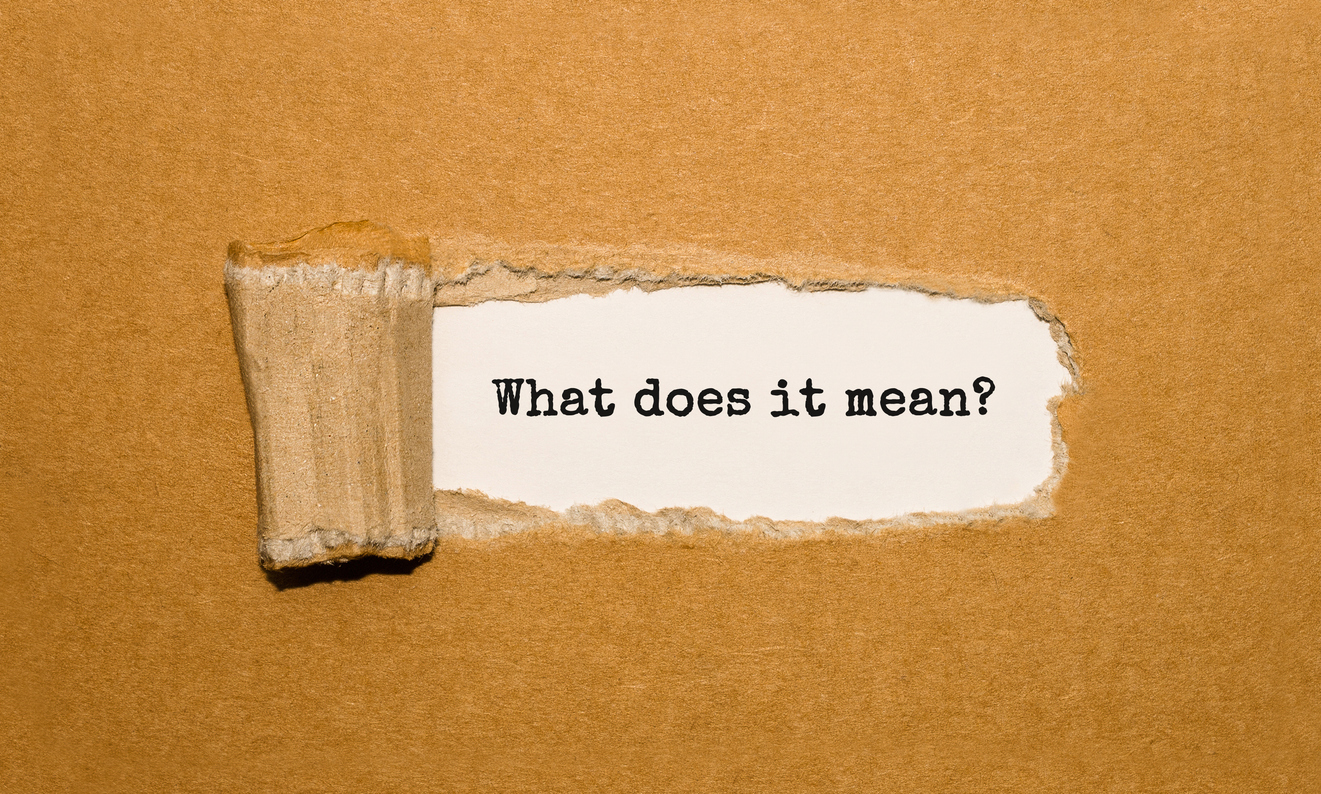As we have toured around the country, we have seen states that are very protective of policyholders through extensive claim handling guidelines. Others have very few regulations. While Connecticut has a statute barring unfair claims practices, it is actually an example of the latter.
Connecticut requires that insurance carriers acknowledge and act upon communications regarding claims with reasonable promptness.1 They must adapt reasonable standards for the prompt and fair investigations of claims.2 They must not refuse to pay claims without conducting a thorough investigation utilizing all available information.3 They must affirm or deny coverage within a reasonable time after receiving a proof of loss.4 A carrier cannot offer less than the amount truly owed, thereby forcing the insured to institute litigation.5
At first blush, it would appear that Connecticut has some pretty good regulations to protect the policyholder. The problem comes from the introductory sentence of the section on unfair claim settlement practices, which reads:
Unfair claim settlement practices. Committing or performing with such frequency as to indicate a general business practice any of the following. . . .6
In other words, if you are single claimant with only one claim, the chances of you being able to prove unfair claims practices is slim, as you need to establish what was done to you was part of a general business practice and not a single occurrence. Without knowledge of other claims, that becomes a difficult, if not impossible, task.
______________
1 Conn. Gen. Stat. Ann. §38a-816(6)(b).
2 Conn. Gen. Stat. Ann. §38a-816(6)(c).
3 Conn. Gen. Stat. Ann. §38a-816(6)(d).
4 Conn. Gen. Stat. Ann. §38a-816(6)(e).
5 Conn. Gen. Stat. Ann. §38a-816(6)(g).
6 Conn. Gen. Stat. Ann. §38a-816(6).



